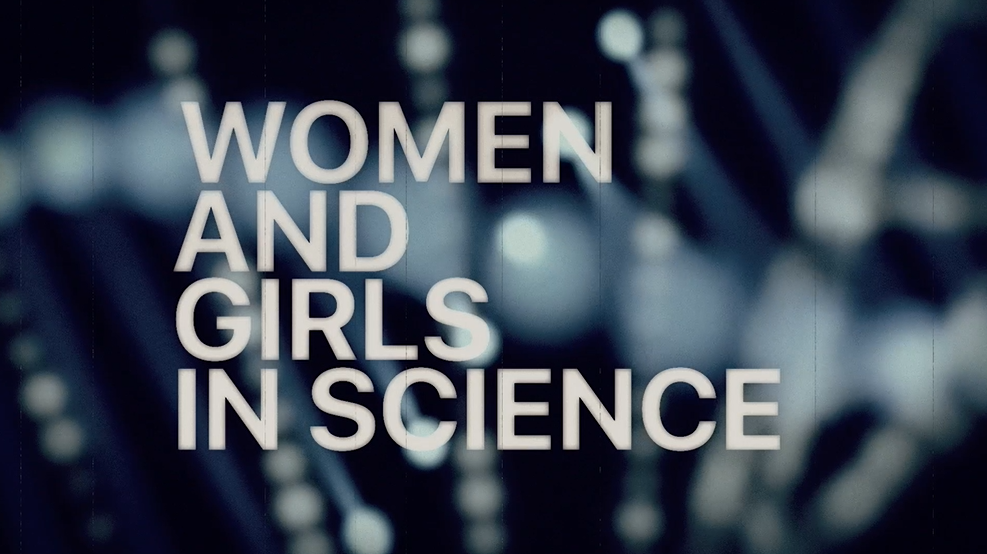Celebrating Women in Science: Brigitta Fazzini

Celebrating Women in Science: Brigitta Fazzini
According to UNESCO data (2014 – 2016), only about 30 per cent of all female students choose science, technology, engineering and mathematics (STEM) fields in higher education. In addition, 35.6 per cent of principal authors in medical research are women, and only 25.8 per cent are senior authors of academic articles published in high-impact journals.
Therefore, the identification, celebration, and visibility of women’s achievements can help change the narrative of women in STEM. In celebration of Women and Girls in Science Day on February 11 and International Women’s Day on March 8, ESICM will release a series of videos highlighting some of the brilliant women who are part of our ICU community. While we are aware that this is not an exhaustive representation, we hope their example will inspire other ICU professionals, researchers and educators.
Originally from Italy, Brigitta Fazzini has 10 years of experience in critical care in the UK. She is an Advanced Critical Care Practitioner at Barts Health NHS Trust and a young researcher within the Critical Care and Perioperative Research Group collaborating with Queen Mary University. She is involved in clinical research focused on acute respiratory failure and translational medicine, and she hopes to help shape the future of the intensive care speciality with an inclusive, multidisciplinary approach promoting effective quality changes, education and research.
“I was always fascinated by patient physiology, and that is why I became interested in critical care because I believe that is where we take care of the patient as a whole”, she says. She holds a professional diploma in Tropical Medicine and two Master in Science in Critical Care and in Advanced Clinical Practice. In 2018, she started her career in research and academia also thanks to the support, guidance and mentorship of senior colleagues.
When asked about specific challenges discouraging women from pursuing a career in Intensive Care, she doesn’t hold back on the root causes. “If we are talking about women being underrepresented in leadership positions, academia, research and training programmes, I believe that we should address the elephant in the room: culture and biases.”
She notes that these biases can be very much unconscious and not only be between men and women but also among women “and within ourselves. These internal biases may prevent us, as women, from taking the courage to step up and carry on our career and feel less worried about being a mother or how to balance your career and your family”.
However, she believes that the ICU community can internally find the right measures to improve the representation of women in all facets of Intensive Care Medicine. “I think we should have a proactive dialogue around unconscious and gender bias and ensure equity, diversity, and fair opportunities for everyone so everybody can shine bright.”